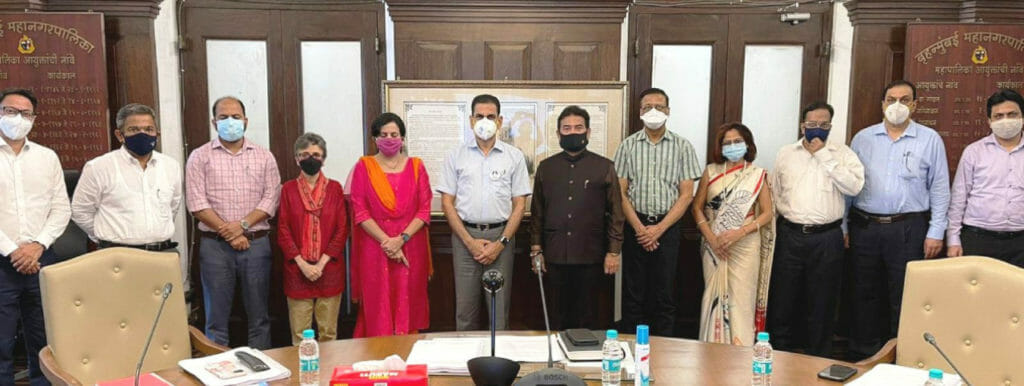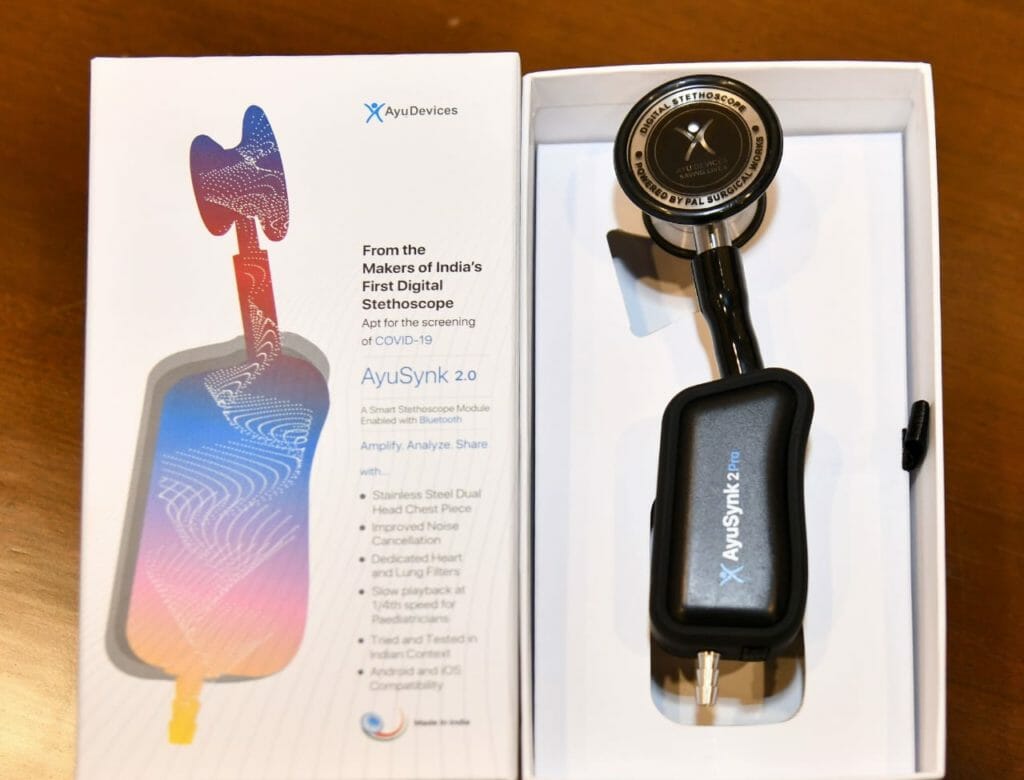An idea first introduced by the Brihanmumbai Municipal Corporation (BMC) in 2018 is now bearing fruit. The Society for Mumbai Incubation Lab to Entrepreneurship (SMILE) Council was announced as the BMC’s business incubation centre, inviting start-ups and entrepreneurs with unique ideas to Mumbai’s problems.
Four years on, the SMILE council has resulted in four innovative medical technology products about to begin use in BMC hospitals. Three others are in the pipeline, the latest being four mini-sewage treatment plants (STP) for slum clusters along the coast, whose usual outlet into the sea has been blocked by the Coastal Road Project. Decentralised and environment-friendly, the technology from the Indian Institute of Technology-Bombay (IIT-B) ensures all the wastewater will be recycled.
This is, however, only the beginning. Applications are open on a rolling basis through their website, across areas such as cleanliness in slums, education, public health, stormwater drain management, and waste management. The council aims to explore new and exciting ways to tackle Mumbai’s civic issues, boosting entrepreneurs and developing technology alongside.
Shashi Bala is the chief of BMC’s business development department, and director and interim CEO of the SMILE council. Below is an edited interview with her.
How was the SMILE council formed, and who are its members?
The SMILE council is a Section 8 company fully funded by the BMC, incorporated in 2019. It is, I think, the only civic body having its own business incubation centre.
It has members from the BMC, with the municipal commissioner as the chairman. Society for Innovation and Entrepreneurship (SINE), the business incubator of IIT Bombay, is our knowledge partner and helped us in forming the company. We also have members from industry to guide us on the matters pertaining to industrial aspects.

How did the collaboration with IIT-B’s Society for Innovation and Entrepreneurship (SINE) come about?
The BMC takes expert guidance from IIT-Bombay on a lot of projects. When the idea of setting up an incubation centre came up, we visited a couple of business incubation centres and explored the Kerala government’s setup.
IIT-Bombay’s business incubation centre was one of the best. It has been well established for almost 20 years, so it’s a mature incubation centre. They were ready to help us set up, which is how we got the knowledge tie-up.
How does the SMILE Council choose from the ideas they receive? What is the selection criteria and how are decisions taken?
We have proper evaluation criteria. The idea has to be relevant to the civic services the BMC offers and it has to be scalable. If it has utility in the BMC, it then goes through a scrutiny process, wherein the applications are evaluated and reviewed by the concerned user department as well.
We also take final inputs from our board of directors, who give their opinions. Once it qualifies all those criteria, we begin incubation.
Read more: Skill India initiative in Kandivali is helping women become financially independent
Can you tell us more about the current incubatees and how they will contribute to the city? What are the timelines for their projects?
Currently, we have seven incubatees who are enrolled in the SMILE council. Four of them have just handed over their first batch of pilot products to the BMC.
One of them is a bluetooth stethoscope, enabling zero contact with the patient. Another has developed neuropathy sensors which help in the early detection of diabetes, so patients can avoid amputations at later stages. Another is a very advanced prosthetic robotic hand, which allows many more hand movements than a regular prosthetic hand.
The last one in the health sector is genome sequencing technology. During the pandemic, there was a lot of lag in identifying the strain of the COVID-19 variant. Initially, it took a week, which then reduced to one to two days. This new technology gives real-time answers about the type of strain, which is a drastic and landmark improvement. It helped during COVID, but it’s not restricted (only) to it and can be used for other diseases as well.
We’ll be trying them on a pilot basis at two BMC hospitals, which we’re in the process of locating. Training to the concerned doctors will be imparted under the director of health and medical education.
Another two are in solid waste management (SWM); one is in waste to energy and the other converts biomass to wood. We have already identified a plot in the H West ward for the facilities, which are being developed and will be commissioned soon.

How does the SMILE council support the entrepreneurs to further their ideas and technology?
We give them a physical office space, which is in Andheri East. They get input and support from the department on the practical usability of their products or the ideas they’re working on. They get real-life trial situations in the BMC, so they can test out their ideas and technology.
In other incubation centres, they just work on the idea and then go out in search of markets. Here, they have a ready market in the BMC to try out their product, which gives them the opportunity to modify their ideas and work on them.
Do you also give them funding?
Once the entrepreneurs have defined their product or service, we provide funding for a pilot project through the innovation implementation fund, depending on the nature and size of the project.
What is the long-term plan you wish to accomplish with entrepreneurs and ideas you support?
Our long-term plan is to look for innovative solutions to the various issues the civic body faces. There are an endless number of citizen-related issues for which we don’t have tried and tested technology. This incubation centre is a platform to explore new technology, which we would not have otherwise.
The Council had put a call out for applications in September 2021. Are you still accepting ideas and what is the procedure for people to submit them?
We had called for the first batch of applications, but this is not a one-time exercise. It is a continuous and ongoing process. The SMILE council has a website, where interested candidates or startups with innovative ideas and solutions can upload their ideas. If it is relevant to the BMC, we will take it up.